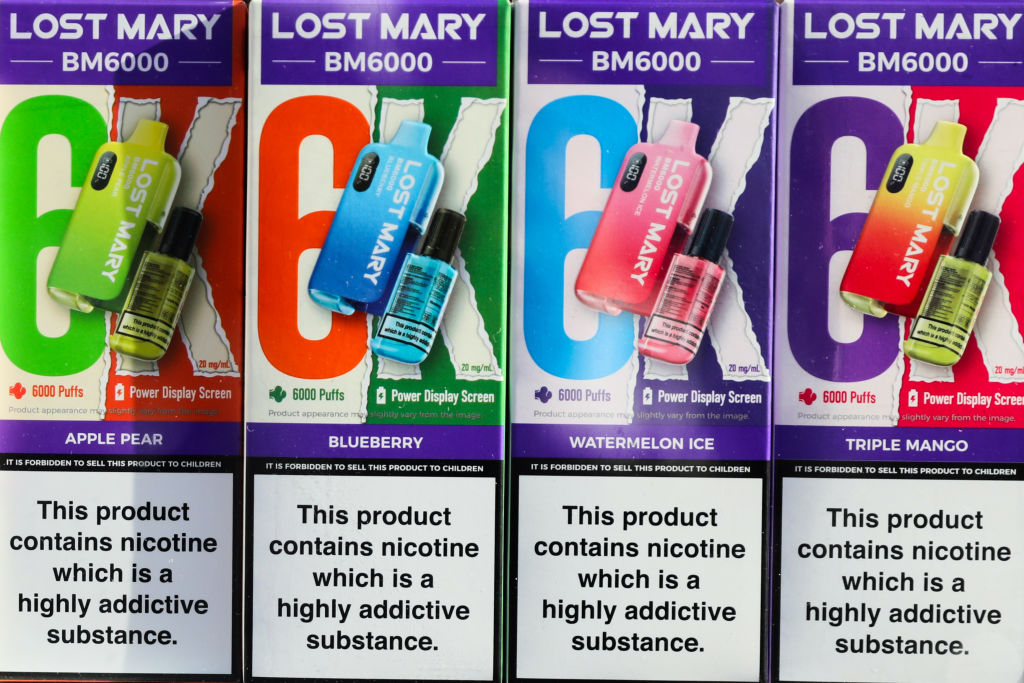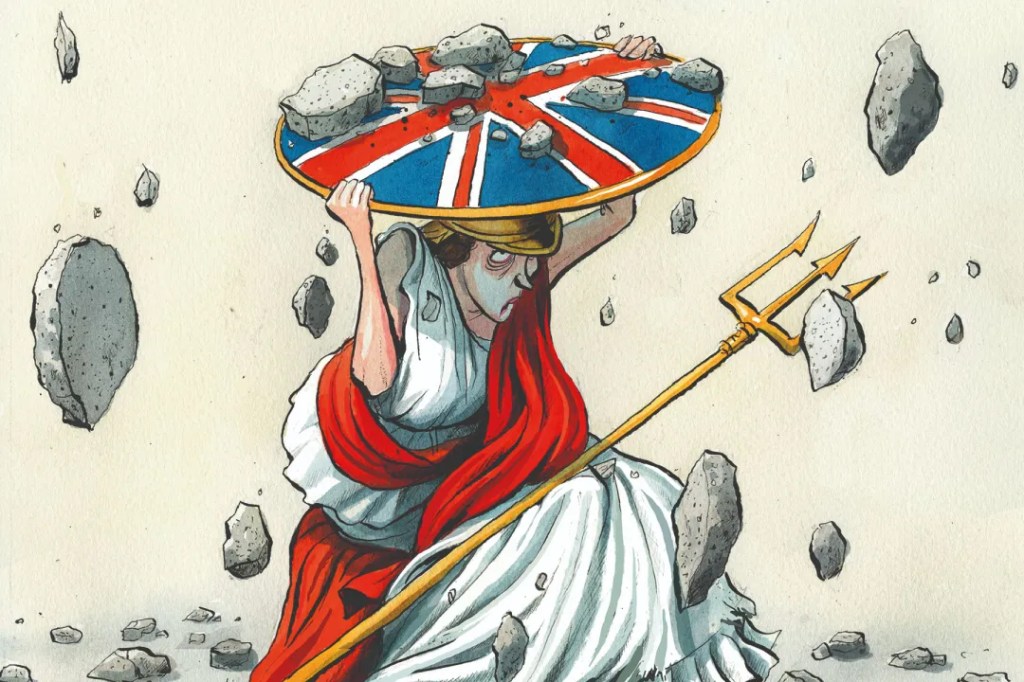Have you ever noticed that there is no pressure group for people who want the government to leave them alone? On the face of it, this is strange because a lot of people want the government to leave them alone and there seems to be a pressure group for everything.
There are organisations entirely devoted to agitating for political action against drinking, gambling, smoking, sugar consumption and even infant formula. And yet there are millions of people who use these products and would like to continue doing so without further interference from the government. Nanny state policies are popular with some people, including with a few people who use the product and want to cut down, but the majority of consumers would prefer it if their favourite activities were not taxed, excessively regulated or banned. Drinkers in Wales and Scotland have had to shell out a lot of money for minimum pricing in recent years. Vapers are facing a whopping great tax on e-cigarettes next year and a ban on disposable vapes this year. Gamblers are having to put up with affordability checks. Where is the resistance?
Economists have an explanation. As the great public choice scholar Mancur Olson explained the 1960s, rational individuals will not spend their time and money trying to defend their collective interests because the cost of participating is usually larger than the benefits they would gain from a successful campaign – and there is no guarantee that the campaign will succeed. Furthermore, if a highly motivated consumer could be bothered to set up such a lobby group, other individuals would see no point in joining because they could free ride on his or her efforts. This is why grassroots organisations defending the interests of a large number of people are either never created or, if they are created, never grow into mass membership organisations.
The ‘public health’ groups that campaign against alcohol, gambling, sugar, etc. don’t face this problem because they are fully salaried, professional lobbyists who get their money either from the government or from a single wealthy donor. For them, campaigning is no sacrifice. It is literally their job. Moreover, they have to find new policies to campaign for if they want to make a career out of it.
This puts consumers in a tight spot. They are up against campaigners who don’t need any grassroots support and who are incentivised to find an endless number of new taxes and bans to lobby for. Little wonder that we see so much of the ‘slippery slope’ and ‘mission creep’ in the world of ‘public health’ activism.
In the absence of government grants or a millionaire benefactor, millions of ordinary consumers go without representation. The best they can hope for is to piggy-back on the efforts of various industries who have an interest in keeping their product legal, but this is unsatisfactory for two reasons. Firstly, the interests of industry and consumers are not always aligned; much of the pub trade and some drinks producers were keen on minimum pricing, for example. Secondly, lobbying by industry is easily dismissed as the self-interested behaviour of profit-seeking corporations.
In the absence of government grants or a millionaire benefactor, millions of ordinary consumers go without representation
But, as I argue in a new paper for the Institute of Economic Affairs, there could be a third way. Mancur Olson argued that rational individuals won’t join pressure groups to pursue collective benefits, but they will join them if they offer selective benefits. A selective benefit is something you only get if you are a member: an exclusive perk. For example, some people join the Campaign for Real Ale (CAMRA) because they want political action to help small brewers, but it is safe to say that most members are more interested in the free beer vouchers, magazine and beer festivals. The AA and the RAC sometimes speak out against the worst excesses of the anti-motoring lobby, but their members join for the roadside assistance. The British Association for Shooting and Conservation is a more straightforward lobby group, but it does not rely on straightforward donations. Its 150,000 members pay a subscription to receive a bi-monthly magazine, free entry to events, exclusive offers, expert advice, discounted insurance and other benefits that are only available to members.
I am proposing something similar for the millions of people who happily consume products that are threatened by the nanny state. Take vaping, for instance. If a politically engaged individual chose to form The Vapers Association, they could contact e-cigarette manufacturers and retailers, requesting that they give their members a discount of 10 or 20 per cent off their stock (or off selected items from their range). The annual savings to an individual who takes full advantage of this deal would exceed the annual membership fee of, say, £50. The companies would benefit from the deal since it would encourage loyalty to their brand, encourage consumers to switch from other brands and help them promote certain products. Everyone’s a winner. The Drinkers’ Union or the Gamblers’ Society or the Tasty Food Club could be run along similar lines.
The use of simple financial incentives to turn latent opposition to government meddling into meaningful collective action has not been adequately explored, but it deserves consideration. The paradox of millions of consumers being pushed around by a tiny handful of ‘public health’ extremists can be explained by economic theory, but perhaps economic theory also has the answer.







Comments